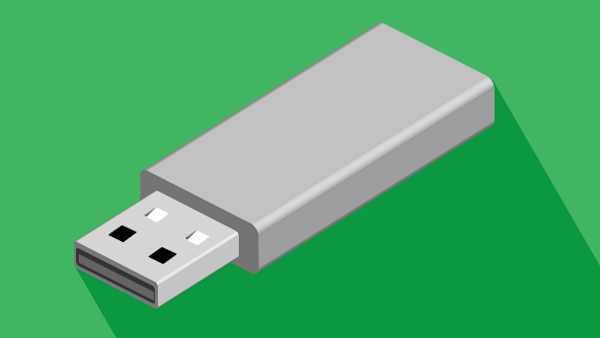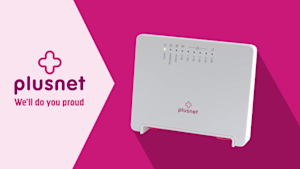
There are different kinds of broadband out there, and one of them is mobile broadband. Want to know more? Read on and we’ll take you right from the beginning.
What is mobile broadband?
While normal fixed-line broadband is delivered through cables, mobile broadband works a bit differently. It connects to a mobile network and sends data through 4G or 5G services – exactly the same as the internet you get on your smartphone.
This type of broadband is especially appealing to those who need internet access without being tethered to a single location.
Mobile broadband can come in the form of…
- The dongle – It's a little stick that you plug into the USB port of your computer for internet access on the go. It's a no-fuss solution for those who primarily need to connect a laptop to the internet
- A personal Wi-Fi device – Also known as a Mi-Fi device, pocket Wi-Fi, or portable hotspot, this is a small gadget that acts as a mini router. Switch it on, and it'll connect to 4G and broadcast Wi-Fi so you can hook up your computer, tablet, or phone while you're on the go. See our guide to mobile Wi-Fi for more
- In-car Wi-Fi – A special Wi-Fi device designed to plug into a car. Perfect for streaming music on your phone on a long journey. See our guide to car Wi-Fi for more
- Data-only SIM cards – These work exactly like SIM cards for your mobile phone, except they only have a data allowance with no calls or texts. Put one in the SIM card slot of certain iPads and tablets, and it'll get it online.
What are the advantages of mobile broadband?
The main advantage of mobile broadband is that it's portable. Once you have a dongle or Wi-Fi device, you can take it wherever you want, and as long as you have 4G signal you can use the internet.
For very light users who only want to use the internet to check email every now and then, it can even work out cheaper than fixed-line broadband - less than a tenner a month in some cases.
It's not perfect, though. Compared to fixed-line, mobile broadband tends to have much higher latency (lag), stricter download limits, and usually slower speeds. However, if you're using 5G, these speeds can be comparable to some of the ultrafast fibre plans out there.
See our guide to mobile broadband vs fixed line broadband for more info.

Why should I get mobile broadband?
- As an alternative to fixed-line broadband – If broadband options in your area simply aren't good enough, but mobile signal is a-okay, mobile broadband is a good solution
- For temporary broadband – The good thing about mobile broadband is that it's very plug-and-play - all you need to do is sign up and switch your device on. That makes it ideal if you're having broadband issues at home, or if you just moved in and haven't got connected yet, or if you're in temporary accommodation for a few weeks
- To go online when you're out and about – Mobile broadband is useful as a supplement to your 'main' broadband connection at home if you often work in cafes, stream music in the car, or want to use the internet while travelling, for instance
How to choose a mobile broadband deal

When it comes to selecting a mobile broadband plan, there are a few things to consider:
- Location, location, location – Check the mobile network coverage in the area you intend to use the service. No signal equals no service
- What do you want to use it for? Think about what you'll be using the broadband for. Is it a home internet substitute or just for when you're out and about?
- Contract length – Are you a commitment-phobe or in it for the long haul? You'll find options for both long-term contracts and 30-day rolling plans
- How much data you'll use – Estimating your data use is crucial. Start with a 30-day plan to gauge your needs before signing up for something more permanent
Now that you're armed with knowledge about mobile broadband and its offerings, you're better equipped to make an informed decision about your internet connectivity needs. Whether you're a freelancer looking for flexibility, a family in need of a temporary internet solution, or simply seeking a backup for your home broadband, mobile broadband presents an enticing alternative. Remember, the world is your oyster, and with mobile broadband, you can explore it with the internet right at your fingertips.
















